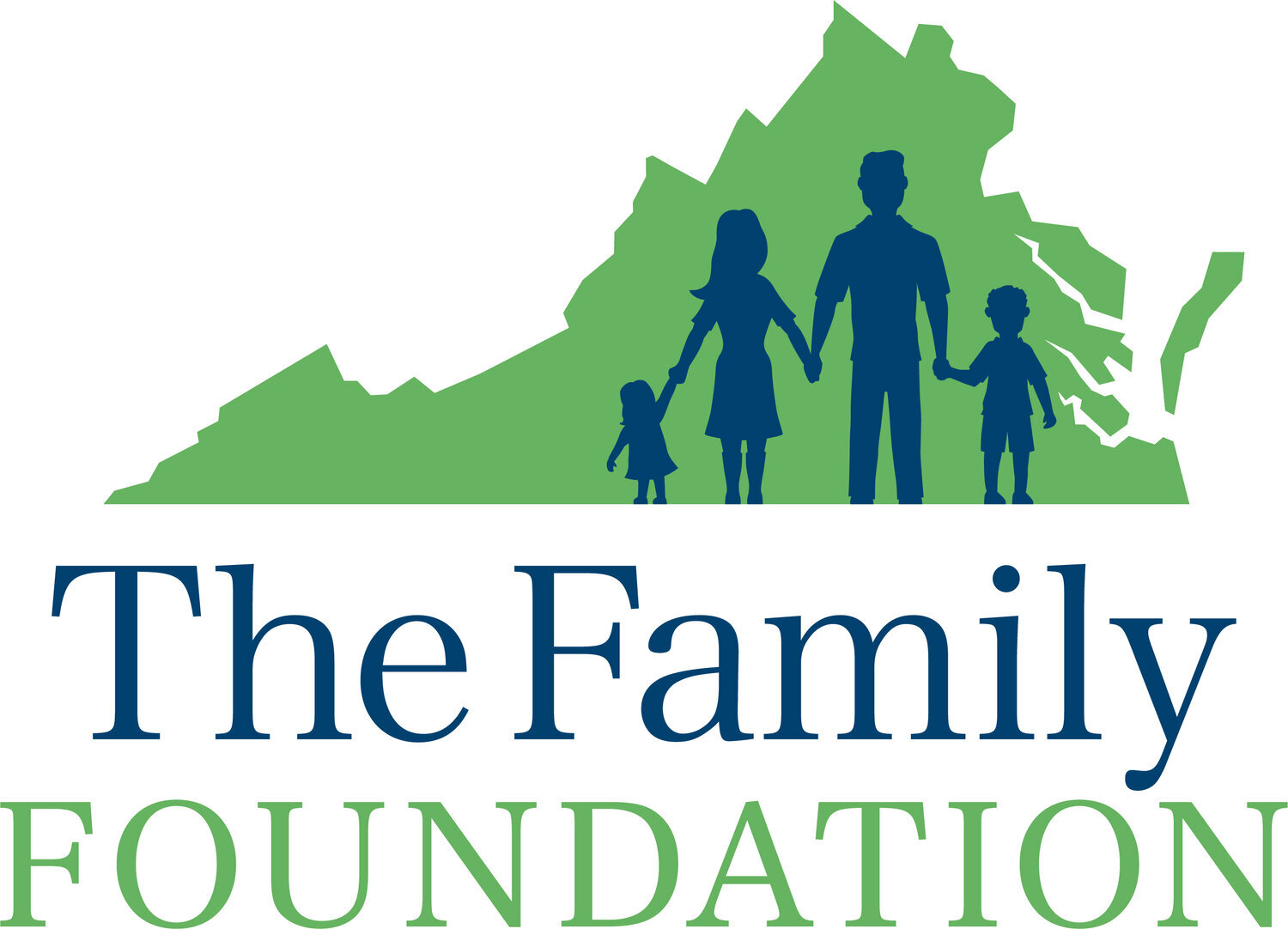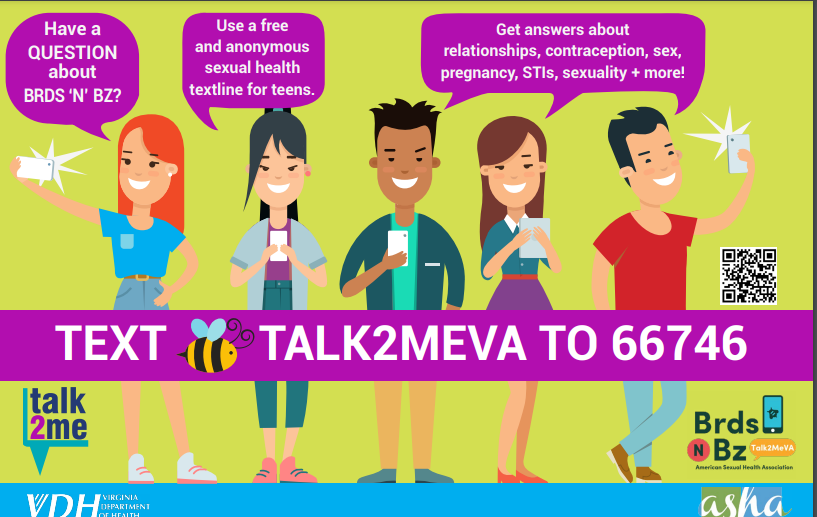Sex-text Line Contradicts Everything We Teach Our Kids About Safety
When I shared with friends the latest news about Gov. Northam’s new initiative—a statewide campaign inviting kids to anonymously text questions about sex, relationships and gender identity to strangers—a few asked, What’s the big deal? Shouldn’t kids have a safe place to go for embarrassing health questions?
“Safe” is exactly the key word here. The Governor’s new “BrdsNBz” sex-textline has undermined everything I’ve been teaching my kids about stranger dangers. Here’s how:
1) It’s aimed at our kids—and it encourages them to share private details with strangers. If you look at the cartoonish, sex-textline postcard families just got in their mailboxes from the Virginia Health Department—first of all, you’ll notice the mailer is addressed directly to your young teen; it’s specifically meant for them to open. While the “BrdsNBz” campaign may claim it’s for ages 13-19, what’s to stop our 10-, 11- and 12-year-olds from participating if they get to the mailbox first? (And by the way, who knows what kind of targeting is being done online for this campaign—hidden from most parents’ view?)
We’ve painstakingly taught our kids not to share private details about their lives online with strangers—especially when it comes to sexual details –and especially in a text!
After all the warnings we’ve been hearing about cautioning teens not to share sexualized information online—why on earth are we using taxpayer money for a campaign that undermines that messaging?
How can we all read the national headlines about U.S. Marshals making one of the biggest sex-trafficking criminal round ups in history—and not see the glaring irony of our state government encouraging kids to share intimate details about sex with strangers?
2) One of the most common signs of sexual-predator grooming is encouraging secrets from parents. “One of the scariest things about grooming is that it is highly successful, allowing offenders to slowly overcome natural boundaries long before actual sexual abuse occurs,” says a website sharing common warning signs of sexual predators. Again, one of the most important boundaries we teach our kids is not sharing intimate secrets, especially sexual ones, with online strangers.
So why is our state government teaching them the exact opposite—and actively breaking down those natural barriers? “Encouraging a kid to keep secrets from family members” and “Slowly isolating a kid from family members” are top signs of the sexual-predator grooming process, warns the website.
Hello? Gov. Northam your sex-text hotline for teens is doing exactly that when it encourages an “anonymous” system for 13-year-olds and gives reassurances of confidentiality.
3) It encourages kids to give their cell phone numbers to strangers. One basic thing we’ve all worked hard at as parents is protecting our children’s privacy—especially when it comes to sensitive data collection. So when kids or young teens enter their cell phones into this sex-text hotline—where does it go? Who is collecting my kids’ text number? How will it be used in the future? Will it be sold to other groups or used by other political campaigns? No one knows.
4) It doesn’t acknowledge the danger of kids texting graphic content. We’ve all heard the repeated warning about why kids—particularly young teens—shouldn’t sext other people. Why is the state now encouraging an anonymous textline that fosters an environment where kids might feel like they should send graphic images to illustrate a conversation or question about sex or even share information about other people they are romantically involved with?
The bottom line is, it’s clear that once again Gov. Northam has crossed the line with this gross invasion of our kids’ and young teens’ privacy and circumvented parents’ efforts to safeguard their children from cultural sexualization.
Will you join me and thousands of other parents to put a stop to this NOW? Learn how you can help shut down the teen sex-text hotline today.

